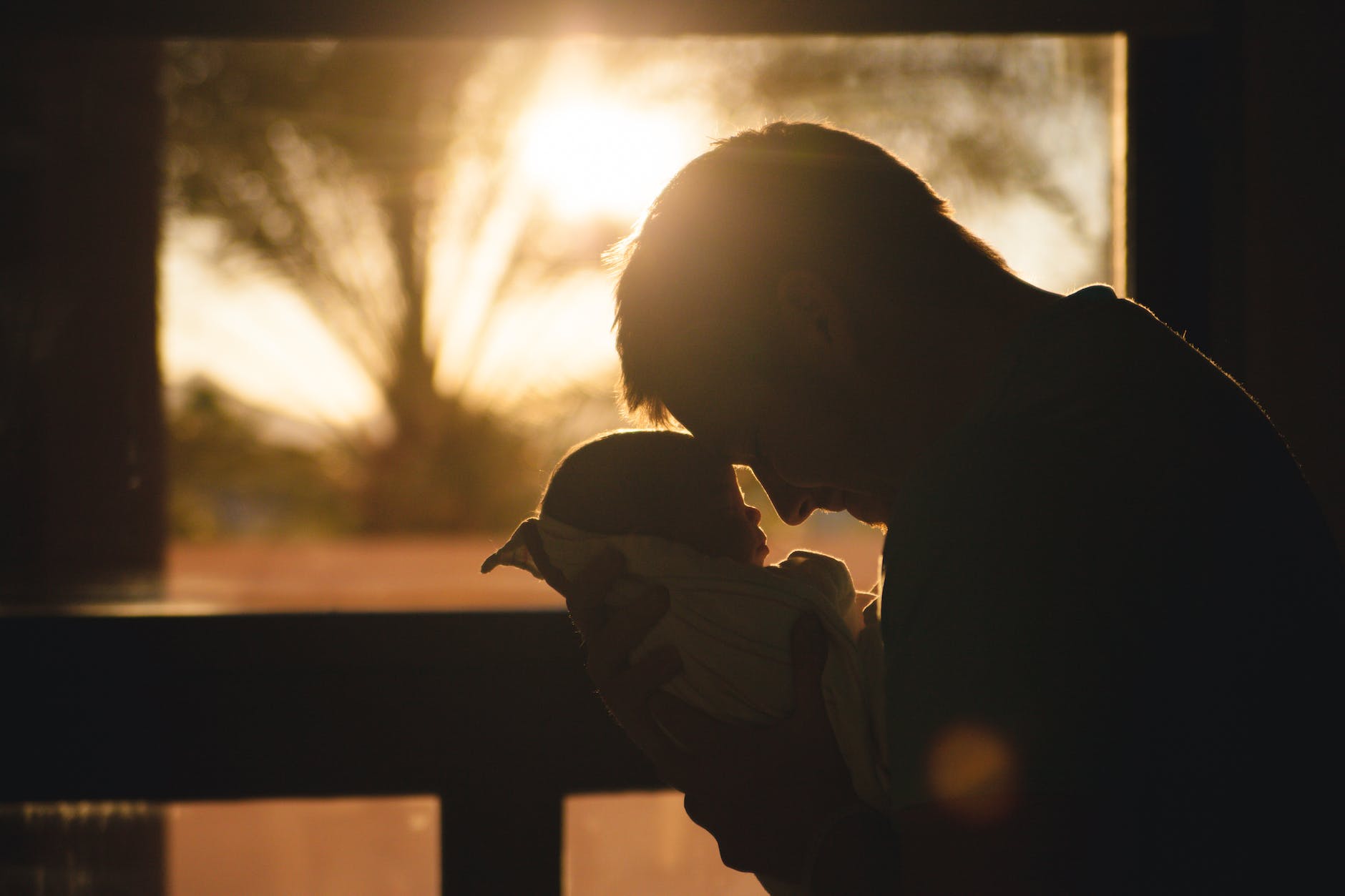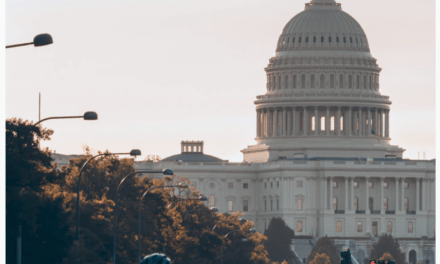We support our Publishers and Content Creators. You can view this story on their website by CLICKING HERE.

Americans United for Life (AUL) is pleased to share our 2023 Fourth Quarter Life Litigation Report. The report tracks major bioethics cases across the country in federal and state courts. The goal of the report is to provide a useful resource in addition to AUL’s expertise on pro-life legal and policy issues. Here are some highlights of the report.
Chemical Abortion Goes Before the Supreme Court
The Supreme Court has agreed to consider whether the Food and Drug Administration (FDA) unlawfully deregulated chemical abortion drugs in 2016 and 2021 in Food & Drug Administration v. Alliance for Hippocratic Medicine. The Court notably denied the pro-life plaintiffs’ conditional cross-petition, which had asked the Supreme Court also to consider whether the FDA unlawfully approved chemical abortion drugs in 2000. Regardless, the Supreme Court has the opportunity to affirm the reinstatement of critical patient safeguards for women and girls seeking chemical abortions.
Parties are drafting briefs to file in the Fourth Circuit in GenBioPro, Inc. v. Raynes, a chemical abortion case that has alleged federal law preempts state pro-life laws. The preemption issue presents fascinating post-Roe legal questions of federalism and state health powers and may have broader implications for state regulations of drugs, such as opioid restrictions that go beyond what the FDA has implemented.
Pro-Life Sidewalk Counselors Continue to Fight for their First Amendment Rights
In Vitagliano v. County of Westchester, New York, the Supreme Court denied a petition for a writ of certiorari for a sidewalk counselor’s challenge to the Court’s 2000 case, Hill v. Colorado. In Hill, the Court had engaged in an abortion distortion analysis of the First Amendment and upheld a bubble zone law that prevented sidewalk counselors from approaching women on public sidewalks outside abortion businesses to discuss abortion alternatives. However, the Supreme Court may have the opportunity to revisit Hill in the near future since sidewalk counselors are litigating similar cases in the Third, Sixth, Seventh, and Eleventh Circuits, as well as in the District of Minnesota.
Abortion Litigation in the States
State court litigation over abortion has continued in recent months. In State of Georgia v. SisterSong Women of Color Reproductive Justice Collective, the Georgia Supreme Court held the state’s heartbeat law was not void ab initio, but declined to decide other issues such as whether the state constitution protects abortion.
The Arizona Supreme Court heard oral arguments in Planned Parenthood Arizona, Inc. v. Mayes about whether Arizona’s pre-Roe law is enforceable post-Dobbs v. Jackson Women’s Health Organization.
After Ohio amended its state constitution to enshrine a right to abortion, the Ohio Supreme Court sua sponte dismissed the appeal of the state’s heartbeat law in Preterm-Cleveland v. Yost due to the change in law.
The Oklahoma Supreme Court vacated a trial court order that denied a temporary injunction against three Oklahoma pro-life laws in Oklahoma Call for Reproductive Justice v. O’Connor. Chief Justice Kane, joined by Justice Kuehn, noted in dissent that “[t]he constitutional analysis undertaken by the majority continues to omit the weighing of the rights and interests of the unborn.”
Lawsuits over Abortion “Exceptions”
Prominent litigation has arisen over the scope of the exceptions within abortion laws for medical care to save the mother’s life. In late November, the Texas Supreme Court held oral arguments over the scope of the exceptions within Texas’ law in State of Texas v. Zurawski.
The Texas Supreme Court separately vacated a temporary restraining order that blocked Texas officials from enforcing pro-life laws against a doctor requesting to abort an unborn child with a trisomy 18 diagnosis in In re State of Texas. The court held the doctor hadn’t asserted the pregnant woman had a “life-threatening physical condition,” and noted that a court order isn’t necessary for a woman to obtain a life-saving abortion since it is up to a doctor’s reasonable medical judgment.
Plaintiffs filed a Kentucky lawsuit to expand the state’s exceptions to include abortions of severe fetal disabilities in Doe v. Cameron. However, the plaintiffs voluntarily dismissed the case days later when the lead plaintiff’s unborn child lost cardiac activity. Kentucky Supreme Court abortion precedent notably disfavors abortion providers’ third-party standing, and the Doe doctors-plaintiffs could not proceed without a pregnant woman as the lead plaintiff.
Other Litigation Updates
In State of Ohio v. Becerra, the Sixth Circuit upheld the denial of a preliminary injunction against Title X program-integrity rules, but reversed on the abortion referral mandate. The case has raised important questions of conscience rights and abortion funding restrictions.
The Ninth Circuit will hear oral arguments in January in the Emergency Medical Treatment and Labor Act (EMTALA) abortion mandate case, United States of America v. State of Idaho. The Fifth Circuit heard oral argument on the pro-life challenge to the EMTALA abortion mandate in November in State of Texas v. Becerra.
The Texas Supreme Court has directed parties to file briefs on the merits in Van Stean v. Texas Right to Life, the case regarding the Texas Heartbeat Act (S.B. 8), which employs a unique private right of action enforcement mechanism.
There are no notable updates in assisted suicide litigation, but AUL is closely watching two end-of-life cases that are in early litigation. Disability rights plaintiffs have challenged California’s End of Life Option Act as unlawful for discriminating against persons with disabilities in United Spinal Association v. State of California. In Govatos v. Murphy, assisted suicide activists have challenged residency requirements within New Jersey’s assisted suicide law, which, if successful, could open the state for suicide tourism.

 Conservative
Conservative  Search
Search Trending
Trending Current News
Current News 





